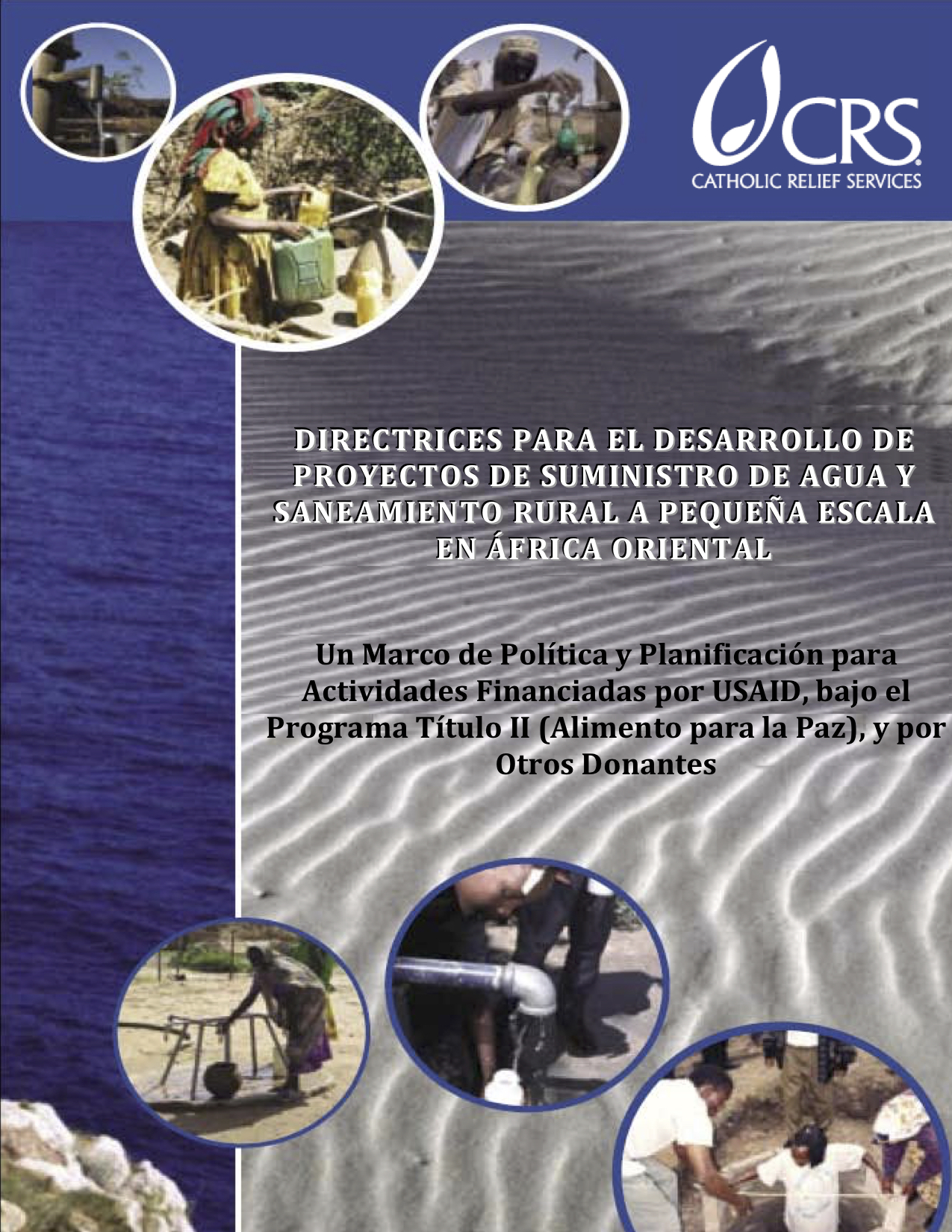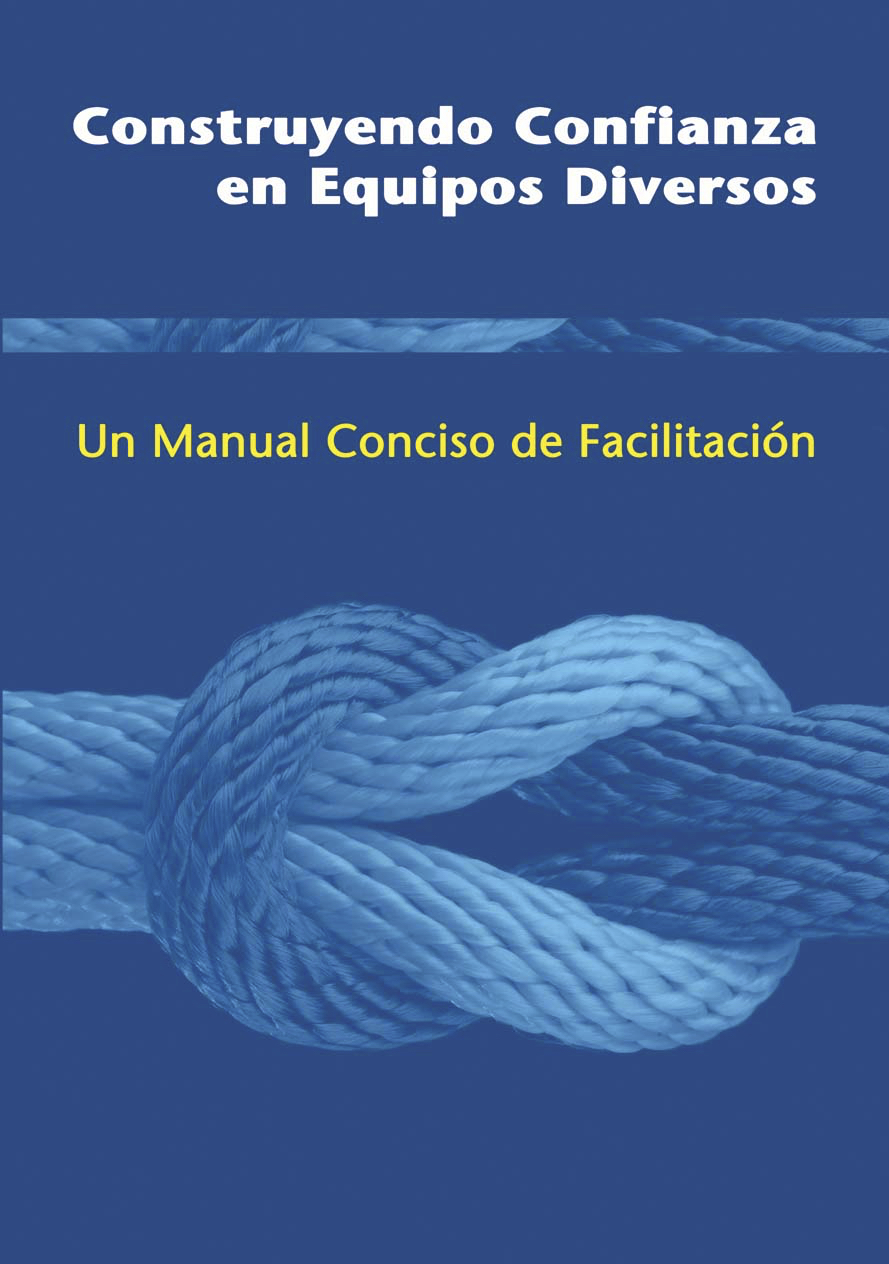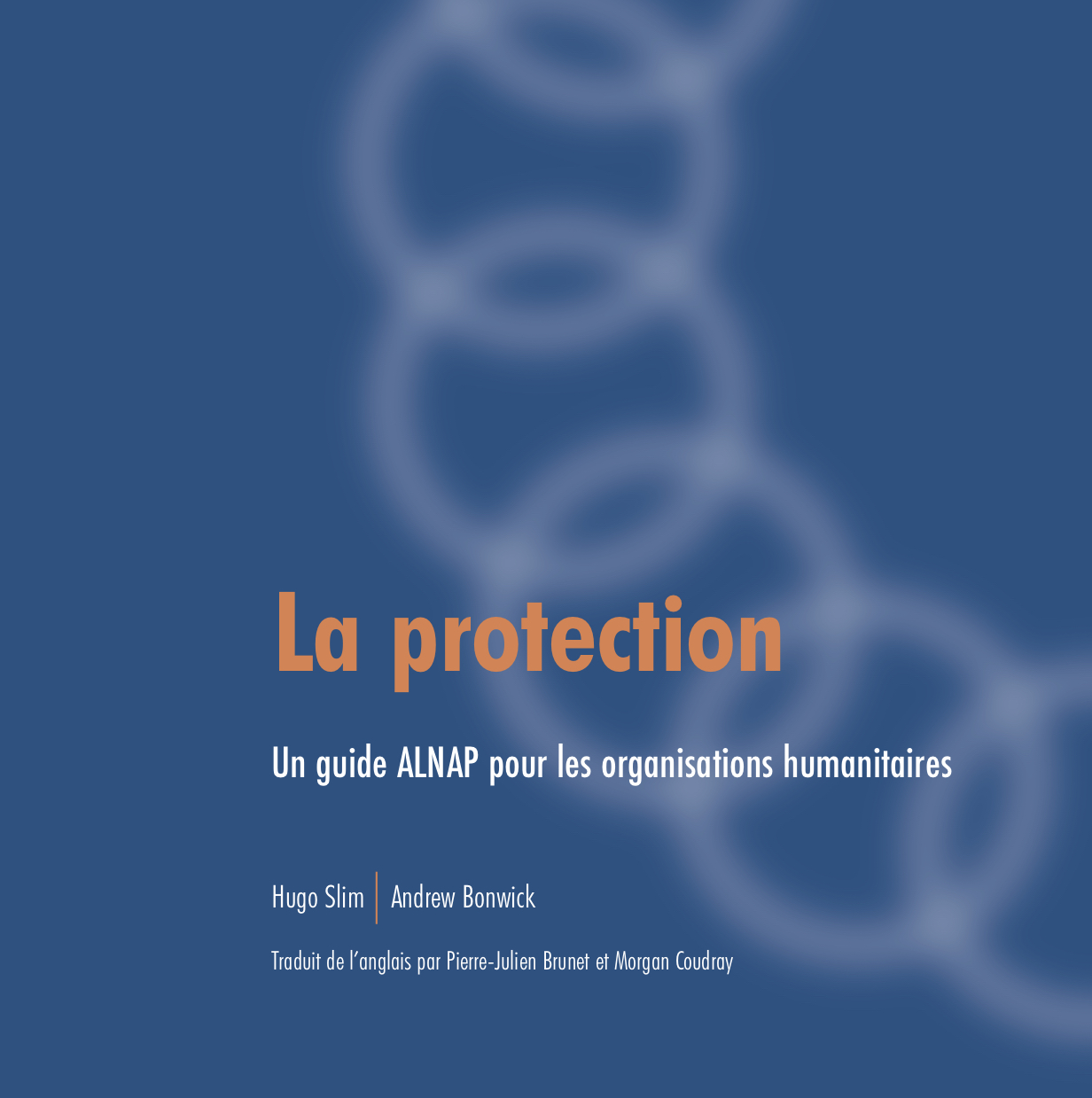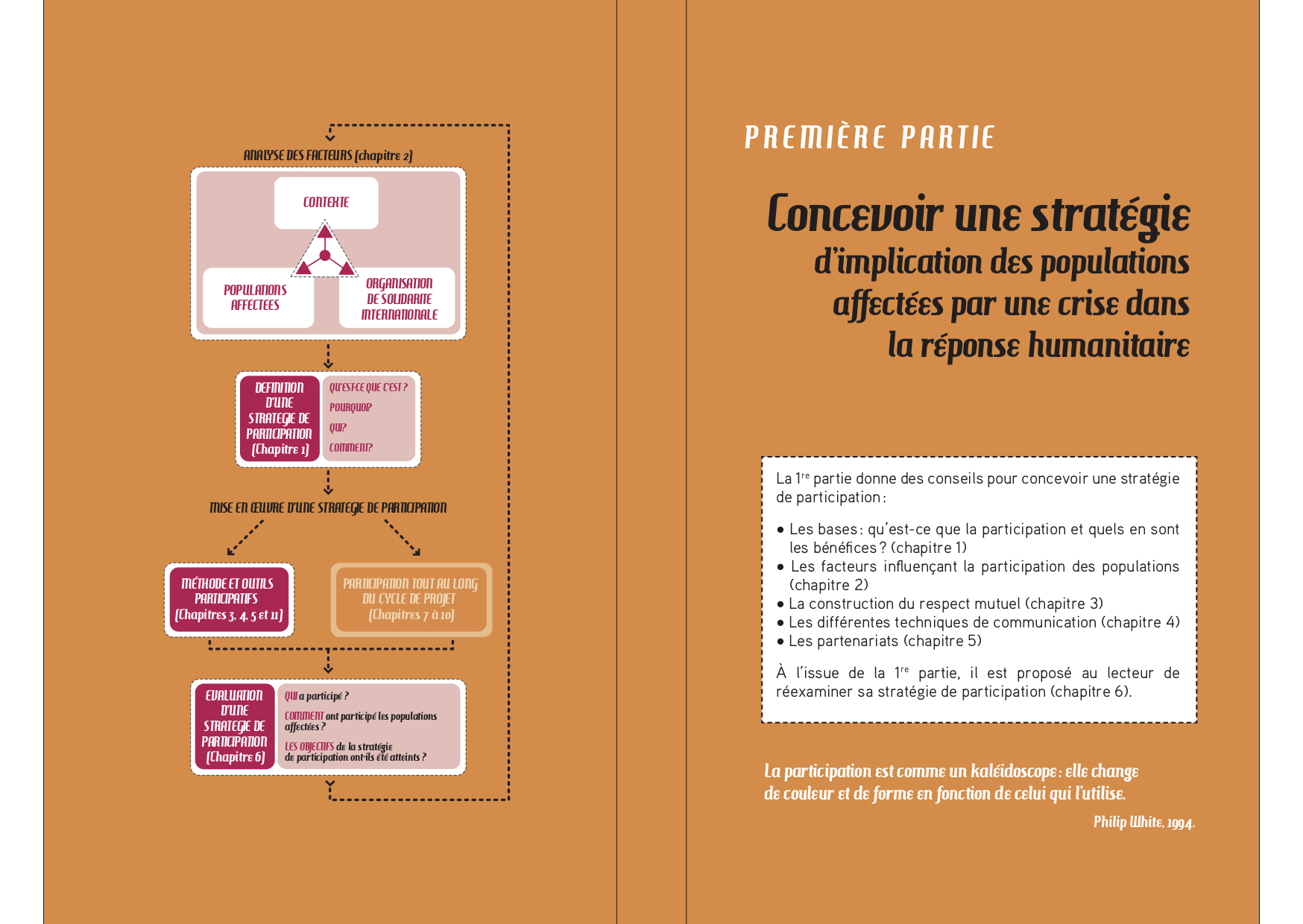Search Results
How are food businesses coping with COVID-19 and its aftermath?
Concern is growing that the global outbreak of COVID-19, already a health crisis, could turn into a food crisis. In poor countries, the need for food assistance could increase dramatically, and in some rich nations too, the pandemic has put many at risk of hunger. Food supply chains have largely continued to function, but private operators have faced some serious disruptions—including closure of bars, restaurants, hotels, and schools as well as shifts in consumer demand. Some sub-sectors, especially fruits and vegetables and meat packing and processing, have suffered supply chain disruptions because of COVID-19 infections, logistics problems, and/or unavailability of
Care Group Beneficiary Worksheet
Authors:
Food for the Hungry
Sector Type:
Maternal Child Health and Nutrition |
Child Health |
Maternal Health & Nutrition
Year Published:
2010

Directrices para el desarrollo de proyectos de suministro de agua y saneamiento rural a pequeña escala en África oriental
Authors:
Catholic Relief Services (CRS)
Sector Type:
Water, Sanitation, and Hygiene |
Hygiene |
Integrated Water Resource Management |
Sanitation
Year Published:
2005

Construyendo confianza en equipos diversos: un manual conciso de facilitación
Authors:
Oxfam
Sector Type:
Program Design and Management |
Refine & Implement
Year Published:
2007

La protection: Un guide ALNAP pour les organisations humanitaires
Authors:
ALNAP
Sector Type:
Program Design and Management |
Refine & Implement |
Monitoring and Evaluation
Year Published:
2005

Manuel de la participation à l’usage des acteurs humanitaires
Authors:
Groupe URD
Sector Type:
Program Design and Management |
Refine & Implement |
Monitoring and Evaluation |
Essential Complementary Activities
Year Published:
2009